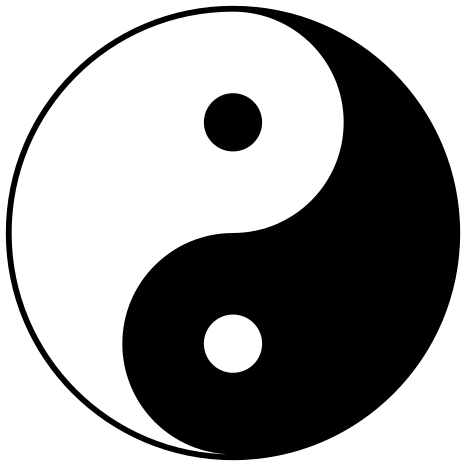
noun
- See under yin and yang.
noun (used with a singular or plural verb)
- (in Chinese philosophy and religion) two principles, one negative, dark, and feminine (yin), and one positive, bright, and masculine (yang), whose interaction influences the destinies of creatures and things.
noun
- See Yin and Yang
noun
- Chen Ning (ˈtʃɛn ˈnɪŋ). born 1922, US physicist, born in China: with Tsung-Dao Lee, he disproved the physical principle known as the conservation of parity and shared the Nobel prize for physics (1957)
noun
- two complementary principles of Chinese philosophy: Yin is negative, dark, and feminine, Yang positive, bright, and masculine. Their interaction is thought to maintain the harmony of the universe and to influence everything within it
1670s, from Mandarin yang “male, daylight, solar.” Two forces in the universe, according to a Chinese theory: yin is the passive, negative force, and yang the active, positive force. According to this theory, wise people will detect these forces in the seasons, in their food, and so on, and will regulate their lives accordingly.
 Liberal Dictionary English Dictionary
Liberal Dictionary English Dictionary